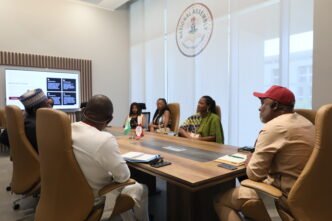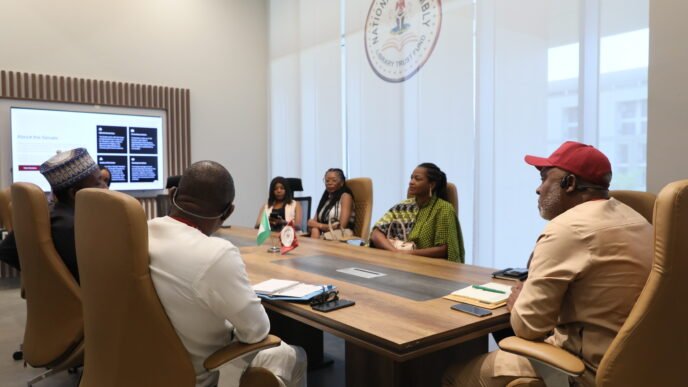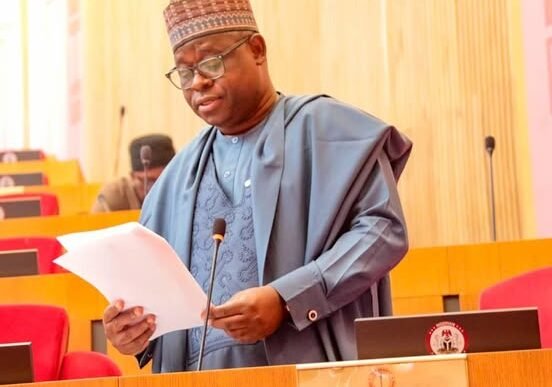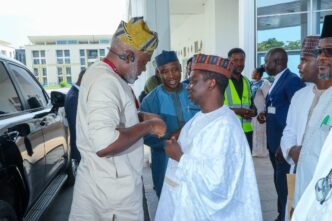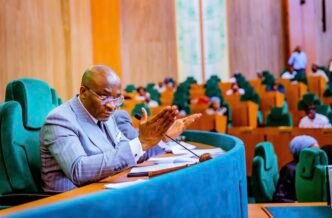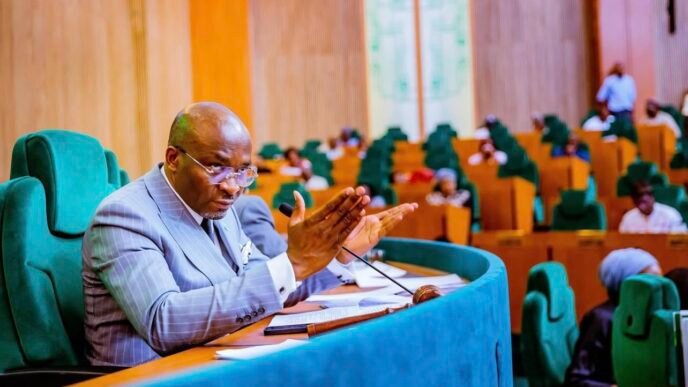The National Assembly is considering a bill aimed at fostering sustainable rural development. The proposed legislation, known as “The National Integrated Rural Development Bill, 2025,” is designed to tackle a multitude of pressing issues faced by agrarian communities across the nation. As rural areas continue to grapple with poverty and limited access to essential services, this initiative seeks to enhance the livelihoods of those living in these communities.
Sponsored by Hon.Marcus Onobun, who serves the Esan Central/Esan West/Igueben Federal Constituency in Edo State, the bill is set to enter its second reading in the House of Representatives. This ambitious legislation targets all rural regions within the country as classified by relevant demographic and economic criteria, demonstrating a comprehensive approach to development.
One of the pivotal aspects of the bill is its emphasis on wage employment for households in rural areas. Specifically, Part III of the proposed legislation creates a framework to ensure that every employed adult in a household is entitled to a daily wage of , promoting financial stability among families. This provision aims to mitigate the harsh realities of poverty by granting individuals economic opportunities through local development projects.
Another cornerstone of the bill is the establishment of the National Integrated Rural Development Agency, which will oversee the operational implementation of various rural development programs. The agency’s responsibilities will include coordinating with relevant government ministries and stakeholders, evaluating ongoing rural projects, and facilitating the adoption of innovative technologies to boost development efforts.
Furthermore, the legislation stipulates that every adult member of a rural household willing to participate in unskilled manual labor through local development initiatives will be assured a minimum of 100 days of wage employment per fiscal year. This provision not only creates job opportunities but also encourages community engagement and empowerment. The commitment to provide a daily wage means that families can rely on a steady income source, improving their overall quality of life.
In a notable effort to promote gender equity, the bill mandates that one-third of the employment opportunities created under this framework be reserved for women in rural communities. This is a crucial step toward bridging the gender gap in economic participation and ensuring that women have equal opportunities to contribute to and benefit from rural development initiatives.
The objectives outlined in the proposed legislation are comprehensive and far-reaching. They include reducing rural poverty, improving the quality of life for residents, enhancing agricultural productivity, and ensuring food security. The bill also aims to encourage community participation in development planning and decision-making processes, allowing locals to have a voice in the initiatives that directly impact their lives. Additionally, it underscores the importance of facilitating access to education, healthcare, and social services in rural areas, all of which are vital components for sustainable development.
To further empower the National Integrated Rural Development Agency, a Governing Council is proposed, with its Chairperson to be appointed by the President based on recommendations from the Minister of Agriculture and Food Security. This hierarchical structure is designed to streamline decision-making and ensure that initiatives are aligned with national goals for rural development.
An attractive provision in the bill is the tax exemption on revenue generated by the National Integrated Rural Development Agency, along with the promise that contributions to the agency’s fund will be tax-deductible. This financial framework is intended to incentivize private sector involvement and encourage partnerships aimed at bolstering rural development efforts.
As Nigeria continues to navigate the challenges of rural poverty and underdevelopment, the National Integrated Rural Development Bill, 2025 stands as a beacon of hope. By addressing the fundamental issues of unemployment, agricultural productivity, and community engagement, the bill provides a holistic approach that could dramatically improve the livelihoods of millions.
The implementation of such comprehensive measures, if passed, will not only signify a commitment to rural development but also pave the way for a more equitable society where all citizens have access to the means necessary for a better life. The upcoming discussions and deliberations in the House of Representatives will be crucial in shaping the future of rural communities and determining the success of this ambitious legislative proposal.
In conclusion, the proposed bill represents an important step towards integrating rural development into the broader national policy framework. It is a strong reflection of the need for inclusive growth that leaves no one behind, especially in communities that have traditionally faced the highest levels of poverty and exclusion. As stakeholders prepare for the second reading of the bill, the collective support from citizens, advocacy groups, and other relevant bodies will be vital in ensuring that the National Integrated Rural Development Bill, 2025 becomes a reality, thereby transforming the landscape of rural development in Nigeria.


